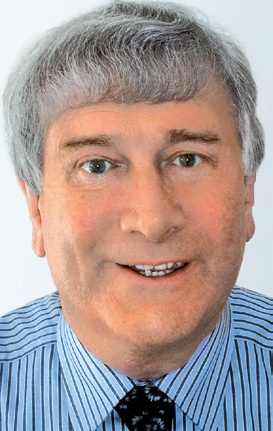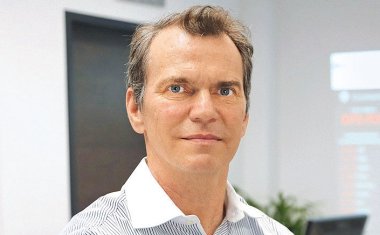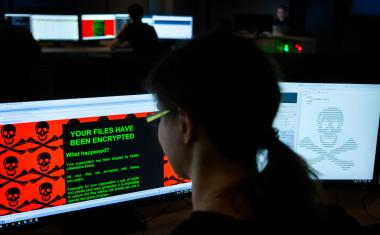Infosecurity Europe 2009
Infosecurity Europe 2009. One of the definite growth industries in the current global trade recession is information security, amply demonstrated by the three-day, 14th annual, Inf...

Infosecurity Europe 2009. One of the definite growth industries in the current global trade recession is information security, amply demonstrated by the three-day, 14th annual, Infosecurity Europe exhibition and conference, bigger and better than ever at its fresh venue in west London. The move this year from Olympia to Earls Court 1 gave exhibitors and attendees increased educational content, two new theatres and additional visitor facilities.
Serving some 12,500 visitors, more than 300 exhibitors crammed over 6,500 m2 stand space with their product and system solutions to meet everchanging threats and challenges, from viruses, spyware, phishing and artificially intelligent superbots to insiders, fraudsters, identity thieves, hackers and spammers.
More sophisticated attacks call for ever more advanced preventive measures and disciplines, ranging from high-level encryption for counteracting data leakage blunders to mobile phone pool security, from foolproof identity and access management to state-of-the-art gateway security solutions that filter out malware before it can enter your network.
So, amongst the largest stands pulling in the crowds with demonstrations were the industry’s big-hitters including BT Global Services, Hewlett Packard, Juniper Networks, Kaspersky Lab, McAfee, MessageLabs (now part of Symantec), Sophos and Symantec itself.
Leading off a comprehensive programme of thought-provoking talks and seminars involving some 140 experts, former UK Home Secretary the Rt Hon David Blunkett MP described to a packed audience key information security issues hanging over the 2012 London Olympics, including the possibility of total disruption and dislocation via precisely targeted infiltration. “Organised criminals could target a whole range of visitor requirements – from ticketing and transportation to the crucial area of hotel and other bookings, which would severely disrupt, or even wipe out, accommodation reservations.”
But Mr Blunkett stated that, globally too, “there still appears to be a woeful level of awareness of the threat of cyber attack, organised crime and the level of fraud, covering government, business and individual consumers and users of the internet”. Accordingly, with the policing of the internet being so problematical, the onus is on companies and organisations to defend themselves with the best means available.
Yet the recession is likely to be a major factor in IT security purchasing decisions over the next 18 months, with companies looking for less costly solutions that still provide effective protection and a rapid return-on-investment. Whilst there was the expected emphasis on dealing with external threats, this time many exhibition stands at Infosecurity Europe themed on “managing the human factor” and “who do you really trust in your own company or department”?
That opened visitors’ eyes to the particular vulnerability and innocence of organisations under threat from, for example, former employees or secretly disloyal or rogue staff. Such supposedly trustworthy individuals are ideally placed to misuse their inside knowledge of the IT system for reasons of financial gain in these difficult economic times, not to mention betrayal, terrorism, devilment or out of sheer ignorance of the implications.
Informing not only all IT security professionals but also facilities managers with wide responsibilities for site or enterprise security at all levels, the Infosecurity Europe event will run from April 27 to 29 at the same venue in 2010. The only certainty is that, by then, the world’s IT security landscape will have altered considerably and thrown up many tough new challenges for the industry’s suppliers focussed on developing their products and services in response.
Oliver Haines














